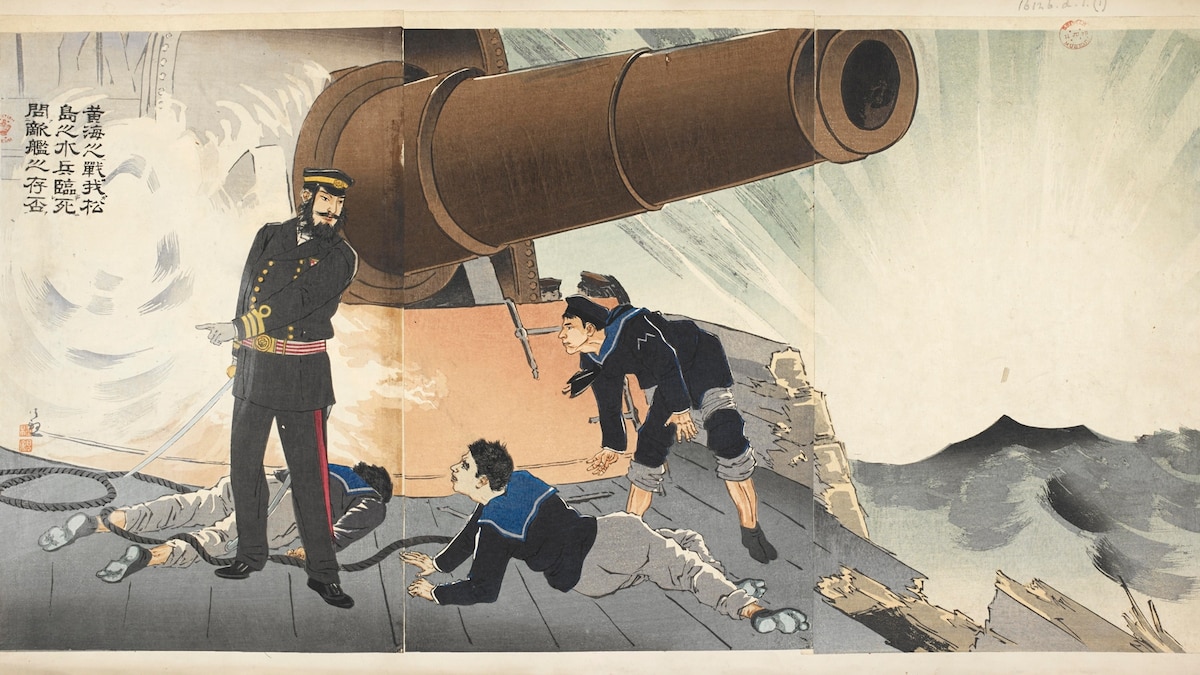Vitamin C for colds? A good dose of Vitamin D on a sunny day? We all know that vitamins are important to our health, but how did they get their names, and, more importantly, when were they discovered?
Before vitamins
Although people have always understood that there is a connection between food and health, it took thousands of years for modern food research with the help of advances in chemistry, physics, and biology to emerge. The first dietary experiment focused on nitrogen, first discovered in 1772, and whether its presence or absence in the diet made animals or humans healthy or ill.
Then in 1839, the Dutch chemist Gerardus Mulder suggested that there should be a molecule that he called protein, an animal substance that he thought was necessary for humans to eat. For many years, a historian named Kenneth Carpenter wrote that protein was considered the only thing that helped people to maintain good health despite the discovery that fruits, vegetables, and milk reduced diseases such as scurvy and rickets. Although these problems were common among people who ate less food, researchers still rule out other causes, such as disease, spoiled food, or sea air.
Malnutrition
Meanwhile, sailors on long voyages have been suffering from another disease: beriberi, which can cause heart failure and loss of limbs.
Japanese naval physician Kanehiro Takaki had an idea: In the 1880s, he noticed that poor peasants were more likely than their rich counterparts to develop beriberi, and suspected that their diet, along with a lack of protein, could take participate.
Meanwhile, Dutch army doctor Christian Eijkman had developed his theory of beriberi after experimenting on chickens. Chickens that ate the white rice common on Japanese ships had similar symptoms. On the other hand, chickens that ate brown rice provided by a cook who refused to give military rice to civilian chickens, remained healthy.
Eijkman did the research, he found that the prisoners who were fed white rice also had beriberi. Was the white table a big part of the problem?
Health vitamins
Polish chemist Casimir Funk dusted the barn with rice grains, and began his experiments on pigeons in the early 20s.Th hundred years: Pigeons fed only white rice began to get sick, but better when fed cassava rice and yeast. This finding confirmed Takakis’ theory that diet and beriberi were related, but the culprit was not protein deficiency. It was missing something else, Funk theorized in 1912: a nitrogen-containing compound he called a vitamin, a combination of the Latin word for life and amine, the name of a compound that contains nitrogen.
The discovery of vitamins caused panic among scientists, showing that diseases can be caused by a lack of food and can be treated with sufficient quantities of newly discovered drugs. Junk food should be avoided, Funk said.
Researchers rushed to isolate other micronutrients associated with diseases such as rickets, scurvy, goiters, and more. At the time when Funk coined the word vitamin, the American nutrition scientist Elmer McCullum tested different foods and animals and found that an additive in certain fats was important for the growth of rats. That fat-soluble substance became known as Vitamin A as a supplement.
McCollum and others attempted to further evaluate Funks’ rice-derived nutrients, naming them Vitamin B after beriberi. Finally, it was discovered that the substance known as Vitamin B consisted of eight water-soluble vitamins, each of which was given names such as thiamine and numbered to be found.
The E used in Funks’ new term was dropped after scientists realized that not all compounds contained nitrogen-containing amines. But the practice of naming vitamins alphabetically to find them continued. Today, four fat-soluble vitamins (A, D, E, and K) and nine water-soluble vitamins (Vitamin C and 8 B vitaminB1). [thiamin]B2 is [riboflavin]B3 is [niacin]and, b5 [pantothenic acid]B6 is, [pyridoxine]B7 is [biotin]b9 is, [folate]and b12 [cobalamin]they are considered essential for human growth and health.
Vitamin…F?
Only one vitamin has messed with the oh-so-logical name system: Vitamin K, discovered by Danish researcher Carl Peter Henrik Dam in 1929. This substance should be in the line called Vitamin F based on the date of its discovery. But Dams’ research revealed that this vitamin is important for blood production, which is known as Coagulation in a German journal that published his research and his summary of the vitamin was established.
It has been decades since the last important vitamin B12 was discovered in 1948. Since then, researchers have been focusing on its health benefits, learning more about the link between vitamin deficiency and disease and using it to treat diseases such as pellagra and anemia. in the body. However, it seems unlikely that scientists will discover an important new vitamin.
But even if there is no Vitamin F or G in our future, it does not mean that the supply of nutrients has stopped. In fact, food research is more advanced than ever before, allowing scientists to explore the mysteries of the micronutrients that affect human health. If the well-known time of vitamin discovery was a kind of fun, scientists are looking for a big way that is rapidly changing the way food changes our lives, one obvious thing at a time.
#vitamin #vitamin
Image Source : www.nationalgeographic.com




